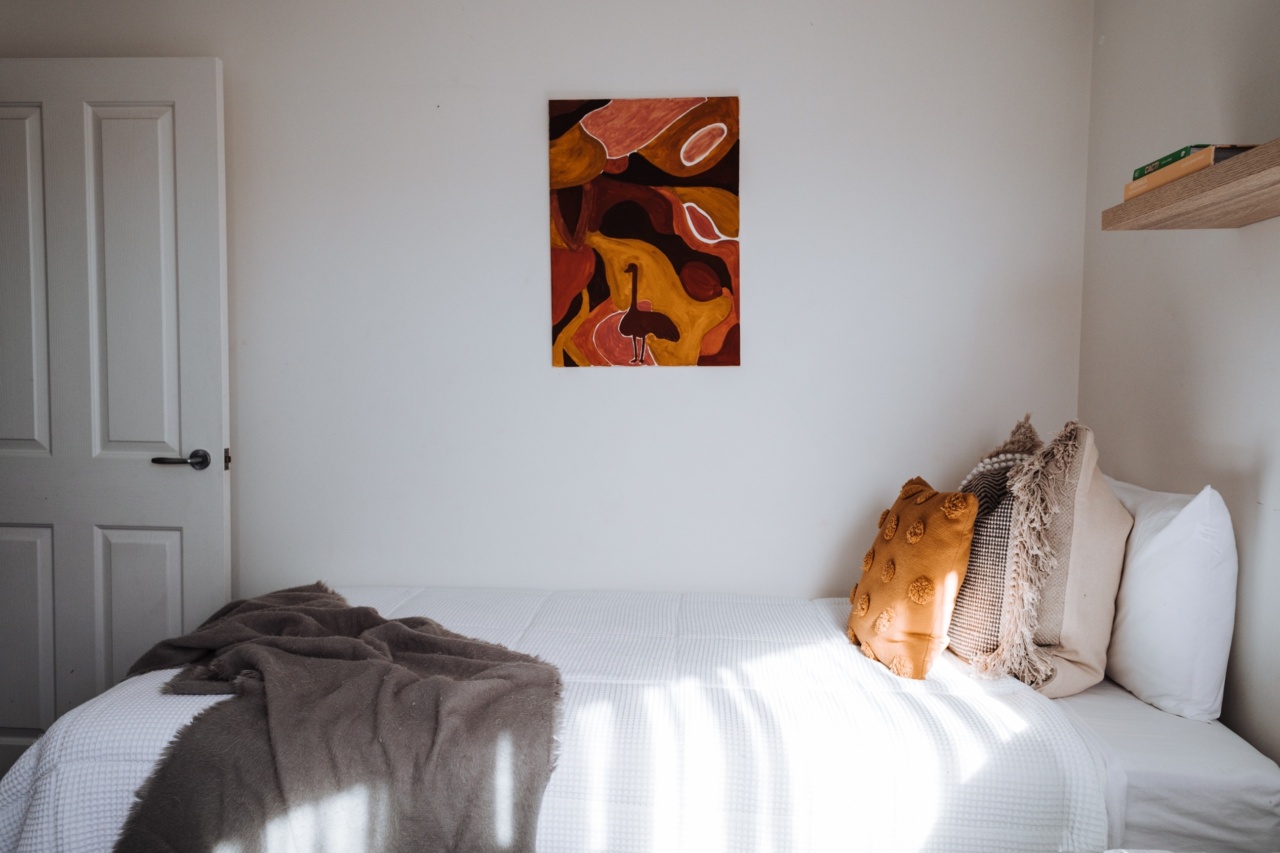Sleep is an essential part of our daily routine. It allows our bodies to rest and rejuvenate, and plays a crucial role in maintaining our overall health and well-being.
However, many of us struggle to get a good night’s sleep, leaving us feeling tired and irritable the next day.
If you find it difficult to fall asleep or stay asleep throughout the night, don’t worry – there are few simple changes you can make to your routine and habits that can significantly improve the quality of your sleep.
In this image guide, we will discuss five effective tips that can help you sleep better.
1. Establish a Consistent Sleep Schedule
Our bodies have an internal clock known as the circadian rhythm, which regulates our sleep-wake cycle. One of the best ways to optimize your sleep is to establish a consistent sleep schedule.
Try to go to bed and wake up at the same time every day, even on weekends.
This consistency helps regulate your body clock, making it easier to fall asleep and wake up naturally. Over time, your body will naturally adjust to this schedule, making it easier for you to fall asleep and wake up feeling refreshed.
2. Create a Relaxing Bedtime Routine
Creating a relaxing bedtime routine can signal to your body that it is time to wind down and prepare for sleep.
Dedicate the hour before bed to activities that will promote relaxation, such as reading a book, taking a warm bath, or practicing deep breathing exercises.
Avoid stimulating activities, such as watching TV or using electronic devices, as these can interfere with your body’s natural sleep signals.
Instead, focus on calming and soothing activities that will help you relax and prepare your mind and body for sleep.
3. Create a Comfortable Sleep Environment
The environment in which you sleep plays a significant role in the quality of your sleep. Your bedroom should be cool, quiet, and dark.
Create a sleep-friendly environment by investing in comfortable bedding, supportive pillows, and blackout curtains or an eye mask to block out any unwanted light.
Minimize noise disturbances by using earplugs, white noise machines, or a fan to create a soothing background noise.
Consider removing any electronics or gadgets from your bedroom as they can be both distracting and emit blue light that can interfere with the production of melatonin, a hormone that regulates sleep.
4. Limit Exposure to Blue Light Before Bed
In today’s digital age, we are constantly exposed to electronic screens that emit blue light, such as smartphones, tablets, and computer monitors.
Blue light can interfere with our sleep by suppressing the production of melatonin, making it harder to fall asleep.
To improve your sleep quality, limit your exposure to blue light in the evening hours. Avoid using electronic devices at least one hour before bedtime.
If you must use them, consider installing blue light filter apps or wearing blue light-blocking glasses that can help minimize the effects of blue light on your sleep.
5. Avoid Stimulants and Heavy Meals Before Bed
What we consume in the hours leading up to bedtime can have a significant impact on our sleep. Stimulants like caffeine and nicotine can interfere with sleep, so try to avoid consuming them in the evening.
Be mindful of hidden sources of caffeine, such as chocolate and some medications.
Additionally, heavy meals or spicy foods can cause discomfort, indigestion, and disrupted sleep. Instead, opt for light, easily digestible snacks before bed if you are hungry.
Herbal teas like chamomile or lavender can also help promote relaxation and better sleep.
By following these five simple tips, you can create healthier sleep habits and improve the quality of your sleep. Remember that everyone’s sleep needs are different, so it may take some trial and error to find what works best for you.
However, with time and consistency, you can achieve restful and rejuvenating sleep on a regular basis.




























